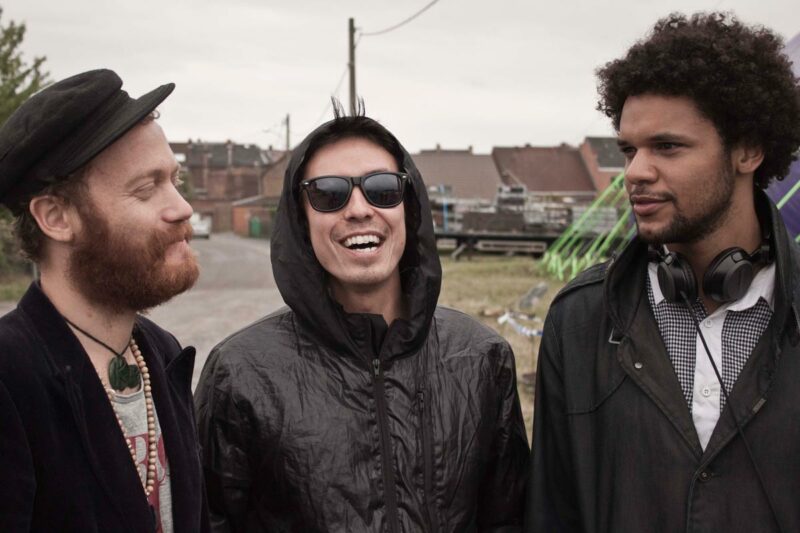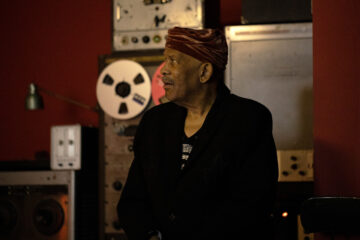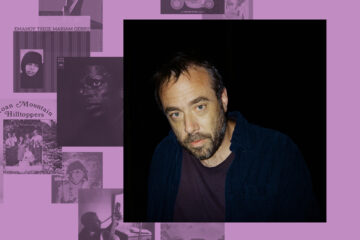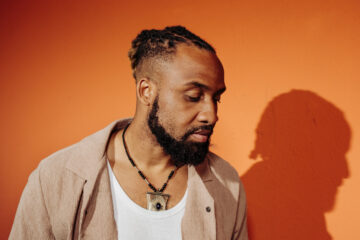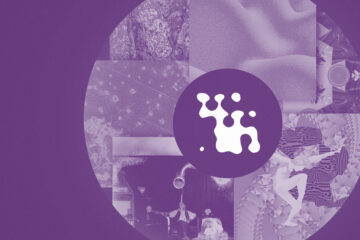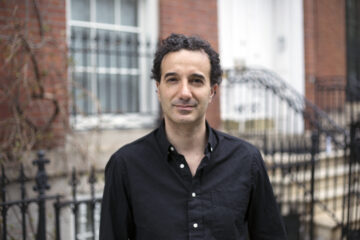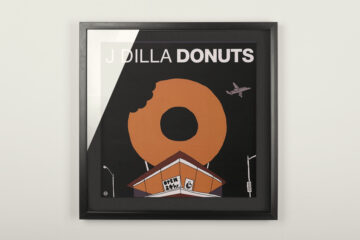Electric Wire Hustle is the latest export product from Wellington, New Zealand. The band found each other through their mutual love for Soul, Hip Hop and the Dilla beat production. Their song Perception traveled around the world and got radio peers by the likes of Gilles Peterson and Benji B. listening. Collaborations with Georgia Ann Muldrow and Steve Spacek added up to their music. Inspiration is drawn from Marvin Gaye and many more. This can be heard in the soothing vocals provided by MaraTK. Valentin Menedetter met them.
The first things that surfaced was the video of you playing the song Perception – you flipped that Dilla beat. How far has he influenced you musically?
Taay: I guess one of the initial things, which we found a cornerstone between the three of us was the admiration for his work. We would all vibe on different things that we discovered, that he had produced. Whether it was remixes or his own stuff. Just this whole feel. You can see a connection to the Jazz stuff that we are into. It’s just something that came naturally.
So you touched base over that?
Myele: Yeah, what Dilla did – he made his own rhythmic language. There are a bunch of other producers, like Madlib who have a similar kind of feel. But he really pioneered the loose head nod feel. It’s like if you are a Jazz musician you have to go through Miles Davis. You couldn’t ignore him. Cause everything changed when he did what he did.
Some of the early stuff that we were listening to, like this Mingus and Ellington record with Max Roach – that’s raw. There’s some essence about it regarding the rawness it is a key sound of a lot of Jay Dee sounds; and that echoes. If you have a desire to tune your ears to that slightly imperfect feel – Dilla fits right into this category.
How did you guys find one another?
Taay: It was serendipitous – I met Myele one day when he was playing in the street – we connected not long after. We had both been growing up in Christchurch and it happened that Mara was moving up to Wellington – we all connected quite quickly and got to know each other at the time we were just spending time in the studio together. The stuff we made at that time became the tracks that eventually became the songs on the album.
You are from New Zealand – how far has your origin shaped your sound?
Myele: Pretty heavily – we grew up with bands like Fat Freddy’s Drop or Trinity Roots. One of their stylistic things that they have in common is that their music is very soundscapy and it comes from a Reggae background, which we don’t have so much. But the soundscapes and layers and textures of things maybe just around two chords but developing sonically – for me personally and I think that comes through with all of us and something we have drawn from. Also the soul element – I guess the island vibe think. It’s a little more laid back, and that adds up. A band like Fat Freddy’s Drop couldn’t come out of London or New York because those cities are not laid back – they’re very intense whereas New Zealand is chilled. Bands like that have their intensity but in a different kind of way.
If you want to get inspiration for new stuff and shut out everything else, where do you turn to?
Taay: I think at the moment, having the privilege of being able to travel inspires a lot of thought. I think it comes from being shown all this rich history. Been given the privilege to open that little book and actually go to a place and learn about it while you are there physically. All the music that was made in those places and that has come through here. So the whole tour has had quite an effect on me in that sort of sense. Also the desire to push things further. So if we are playing a festival like this – we are playing next to our peers and people who we really admire.
What do you look for if you are playing live? Is there a huge difference between the show and the actual pieces on the record?
Myele: The main difference between our album and the live show is that there is more energy. Our studio album is very much produced – a crafted thing. The live show has an element of that production and craft but it’s also this element of just going for it and letting loose. We try to transmit the energy that we feel and hopefully the audience gives you this energy back. So that it becomes an experience for us performing, and the audience listening. They’re just as much a part of this as we are. Pretty much all the elements that we play have been rehearsed but there are moments when we are creating on the spot as well. If you are playing a little solo or something it gives you the feel that you are creating on the spot and this is the difference to the studio. You don’t have the opportunity to go back to a part that you messed up in the first place and work on it again. When you are live it is just there – relatively naked. So if you make a mistake you have no choice but to build on this.

